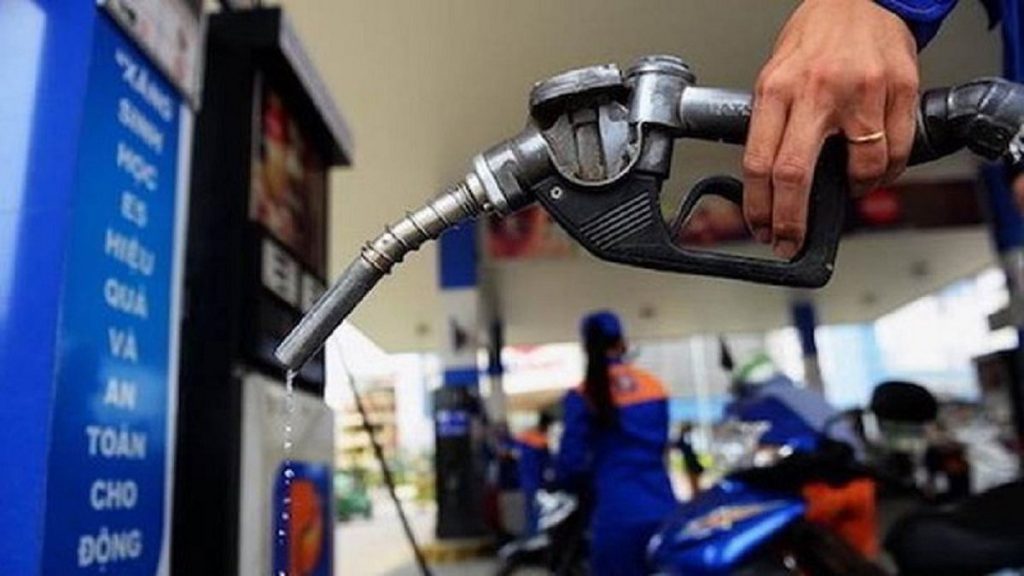HCMC – The worsening Russia-Ukraine crisis would result in disruptions in the supply chain and increase the production cost in Vietnam, some experts have warned.
According to Nguyen Hoai Thu, director of securities and bonds investment at VinaCapital, the most visible risk caused by the crisis is increasing inflation.
The EU’s sanctions on Russia and disruptions in the supply chain can lead to shortages of input materials, making production costs surge. Inflation can cause the consumption and disbursement of investment, including public investment, to shrink.
Thu said the most affected businesses could be those unable to raise prices to recoup increasing production and transport costs, including exporters.
Those largely dependent on input materials would face a short supply, such as coal, which is one of the major export commodities of Russia.
Airlines will also be significantly impacted due to higher prices of fuel and disruptions in aviation activities.
Researchers from Maybank Investment Bank (MIB) said indirect impacts on Vietnam include the surging prices of fuel, metal and cereal.
Russia accounts for 11% of global oil exports, 8% of liquefied natural gas, 18% of coal, 8% of steel, 14% of aluminum, 5% of bronze and 10% of cereal.
According to MIB, the crisis will not have a large direct impact on the Vietnamese economy as trade with Russia only accounted for 1% of Vietnam’s international trade in 2021. However, Russia has some large investments in Vietnam, such as Vietsopetro JV.
Pham Vu Thang Long, head of Macro Research at HSC, said trade with Ukraine also accounts for just approximately 1% of Vietnam’s international trade, so the Russia-Ukraine crisis will not significantly affect Vietnam’s positive trade outlook.
“However, Vietnam imports a large amount of coal from Russia. The crisis will affect Russia’s supply in the short term, causing inflation to rise at certain times,” he said.









